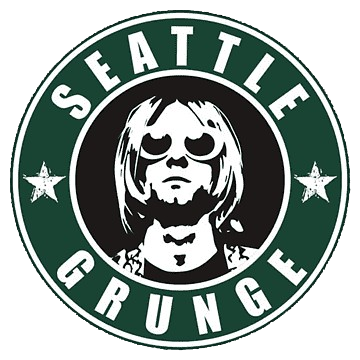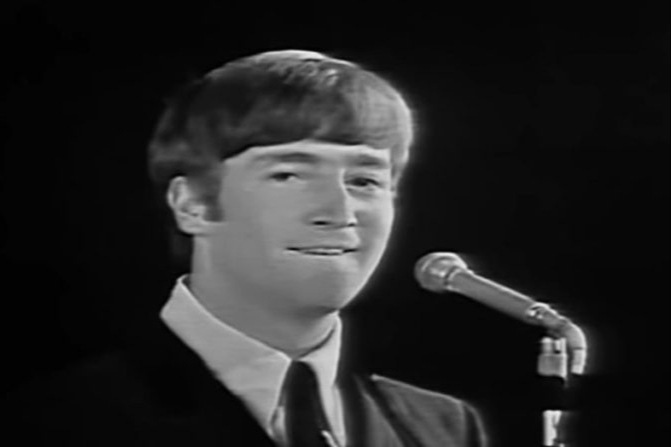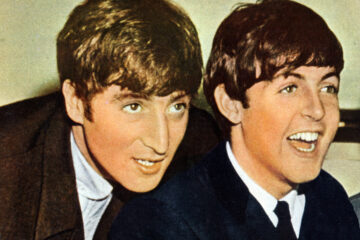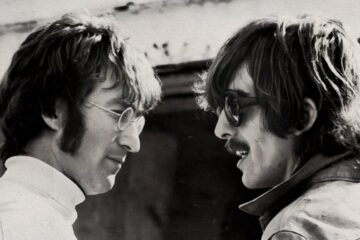It’s very hard for one to remember a time before The Beatles were the pop music behemoths they are today. But there was a time when The Beatles were at the foot of the gigantic ascent to greatness. At the 1963 Royal Variety Performance, Paul McCartney, John Lennon, George Harrison and Ringo Starr, made a giant leap towards superstardom.
In November of ’63 The Beatles weren’t yet the stars they would become, obviously known across the British Isles they were still months away before Beatlemania had gripped the entire globe following some special TV appearances.
Their Ed Sullivan performance may have garnered the attention of those over the pond but it was a special performance for the British royals which would cement their place in UK music history, not only for their unstoppably infectious ditties but for their dry wit. John Lennon would make a comment that would go down in pop history.
The Royal Variety Performance is a televised charity event which is held annually in the United Kingdom to raise money for the Royal Variety Charity. Queen Elizabeth II is life-patron and has always been a welcomed guest at the variety performance unless she is physically unable to attend. The 1963 event was one such occasion when Queen Elizabeth was unable to attend as she was pregnant with Prince Phillip. This meant the Queen mother and Princess Margaret were to be in attendance to see the formal introduction of The Beatles.
As rock and roll historian Anthony DeCurtis, a contributing editor to Rolling Stone, notes, the evening was a momentous occasion for a band who up until now had experienced rather more humble beginnings. “People were talking about the fact that the Beatles had Liverpool accents, and that they would be performing for the Queen Mother.” He continues, “The class system, which is still a significant thing in England, was a far more significant thing back then. There’s this whole idea of the King’s English, and the Beatles spoke a dialect.” It would be a moment that would go on to define the band’s personality for years to come.
The Royals, at this time, were known to be sticklers for keeping up with the traditions of the country, something which even went down to how ‘one’ spoke to Royalty. Paul McCartney was asked before the show, “Are you going to lose some of your Liverpool dialect for the Royal show?” Paul McCartney teasingly replied, “No, but you know we don’t all speak like BBC.” It was a sentiment that Lennon matched too when asked if the band would clean up their language. Lennon replied twice saying no, once in ‘Queen’s English’ and once with a heavy Scouse accent.
The band were set to play roughly in the middle of the 19 act packed event, with some notable acts like Dickie Henderson and Marlene Dietrich also schedule to perform for the Royals. The band kicked off their mini-set with ‘From Me To You’, the band noticeably effervescent with excitement. They followed that with ‘She Loves You’, a cover of ‘Til There Was You’ from The Music Man, all to rapturous applause.
It was then that John Lennon decided to make his point. He would say the phrase that would not only cement The Beatles’ place in music but set them on the path towards their current deity status. “For our last number, I’d like to ask your help,” Lennon says, gleaming at the prospect of his next sentence. “The people in the cheaper seats, clap your hands. And the rest of you, if you’d just rattle your jewellery.”
The room erupted. The crowd seemingly taking the jibe in good humour but the real test would come when the camera panned to those wearing the crowns. The Queen Mother and Princess Margaret were on camera when they shared a happy exchange with each other, clearly enjoying the joke. The Beatles’ mop tops would not roll today.
Rumours are that Lennon was actually planning to go one step further with the remark, he was said to have been readying himself to say “fucking jewellery” but it appears nerves had got the better of him. “I was fantastically nervous, but I wanted to say something to rebel a bit,” Lennon would later admit. “That was the best I could do.”
The comment, alongside the performance, will forever go down in history as a seminal moment for The Beatles’ rise to superstardom. It would get the band’s first piece of U.S. press in Time magazine as it tried to get a hold of the looming British invasion bands. More importantly, it would endear The Beatles to the heart of British society, dry wit and a few tunes will always impress a Brit, even a royal one. The Queen Mother was even a fan: “It’s one of the best shows I’ve seen, The Beatles are most intriguing.”




